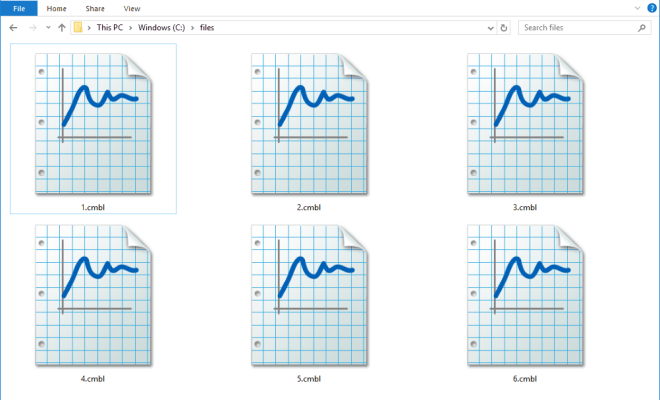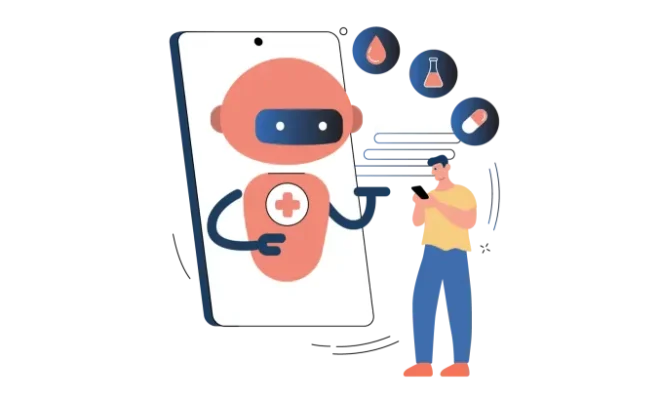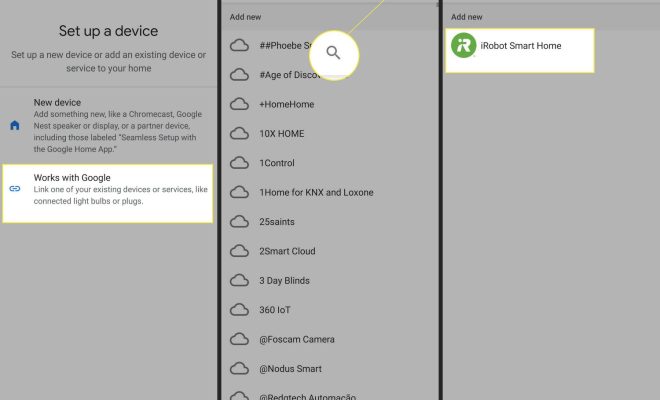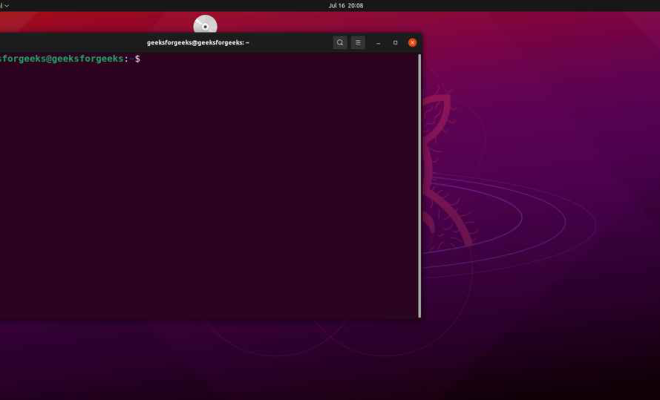Google “The Last of Us” Now to Infect Your Web Browser With Cordyceps

Fans of the popular video game “The Last of Us” can now experience the thrilling post-apocalyptic world of infected humans in their web browser with Google’s latest Easter egg. With a simple search for “The Last of Us,” users can see their search results overrun by Cordyceps, the fungus that serves as the source of the game’s zombie-like creatures.
For those unfamiliar with the game, “The Last of Us” follows the story of Joel and Ellie as they navigate a world ravaged by the Cordyceps fungus, which has infected most of humanity and turned them into dangerous, zombie-like creatures. The game’s stunning graphics and intense gameplay made it a major hit upon its release in 2013 and its popularity has only continued to grow over the years.
Now, with Google’s new Easter egg, fans can revisit the world of “The Last of Us” at the click of a button. The search results page for “The Last of Us” is transformed into a faux computer terminal, complete with a blinking cursor and lines of code scrolling down the screen.
But the real highlight of the Easter egg is the presence of Cordyceps spores, which slowly bloom and grow across the search results page as the page remains open. Users can watch as the spores infect their search results, much like the fungus in the game gradually subdues and transforms its human hosts.
While it may just be a fun gimmick for fans of the game, Google’s decision to include this Easter egg is a testament to the cultural impact of “The Last of Us” and its unique take on the zombie genre. By infecting users’ web browsers with Cordyceps, Google is keeping the post-apocalyptic world of “The Last of Us” alive and well, even years after its initial release.
So for anyone looking to relive the thrills of “The Last of Us” or simply curious about the game’s unique premise, a quick Google search is all it takes to let the Cordyceps fungus take over your screen. Just be careful not to get too close to your computer screen – you never know what might happen.






